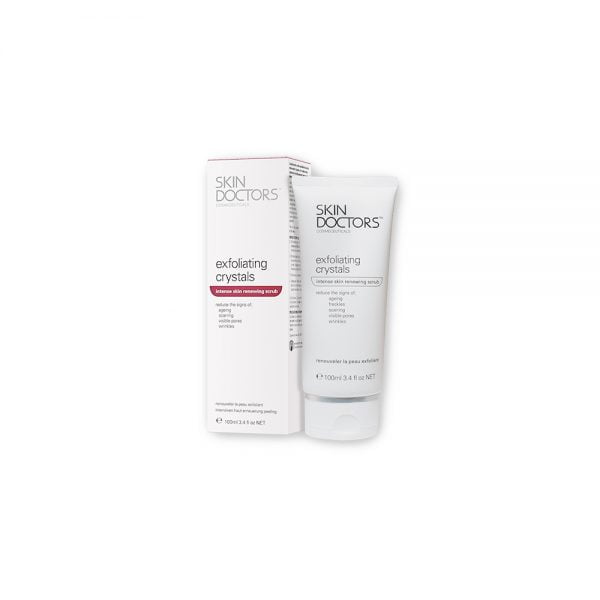
As winter approaches and the weather gets cold, our skin tends to get drier. You must have noticed that your skin responds to every changing season. You have likely seen that your skin gets drier and flakier in the winter months.
Cold air and harsh winter wind can leave your skin looking dry and dull. And it does not only affect your face, but also your hands, feet, and rest of the body. We start feeling itchy, scaly, tight, and scratchy, which can further lead to fine lines and wrinkles on our skin over a while. You also get chapped lips and cracked heels/toes. The discomfort pushes us to look for options that can soothe our skin and give it much needed care. We opt for moisturisers, cleansers to eliminate the scaling, body lotions and many other solutions to comfort our skin in our own capacity.
However, when temperatures dip, there is no escape from winter’s dry and cold air.
Here we share 7 skincare winter tips you must try this Winter:
How to Prevent Dry Winter Skin?
Here, we will address your dry skin symptoms and discuss essential tips to restore moisture to retain the beauty and glow of your skin and appearance.
What are the Signs of Dry Skin?
First, let us understand the most common symptoms of dry skin here:
- Flakiness or scaliness
- Redness
- Rough texture
- Itchiness
- Raw, irritated skin
- Cracks in your skin
- Stinging or burning
- Tightness
In medical terms, a dry skin problem is called xerosis. The symptoms of dry skin can range from mild to severe and appear different on different areas of your body that is affected.
Dry winter skin is not inescapable. However, by correcting some daily habits and bringing some changes to your skincare routine, and adding the best skincare products to your daily skincare ritual, you can keep your skin looking soft, smooth, healthy and radiant all through the winter.
Let’s take a closer look at the 7 skincare winter tips to prevent dry skin:
Use a Mild face Cleanser
Harsh face washes, soaps and cleansers can wash away the natural oils on our skin. As a result, your skin will feel drier and itchy. Make sure you use a gentle body and face wash, which is not harsh to your skin, especially during winters. Try to look for soaps and face washes with ingredients that contain moisturiser.
Apply Moisturiser Immediately After Washing
Once you have cleaned and washed your face or have taken a bath, make sure you apply moisturiser immediately. Use a cream or lotion that contains hydrating ingredients like glycerine, etc.
Use a Humidifier
Humidifiers add moisture to the air, which is good when indoor heating suffocates the winter months. Adding moisture into the air may prevent and relieve skin dryness. In winter, a humidifier can restore moisture in the top layer of your skin.
Occasional Exfoliation is Good

Occasional exfoliation or scrubbing, maybe once a week, is recommended to keep the surface of your skin free from dead cells. In addition, it can help keep your skin looking smooth and radiant. Look for nourishing scrubs that are not harsh on your skin. But, avoid doing it too often as it can over-exfoliate and end up damaging your skin. Also, be careful about what products you use to scrub or exfoliate and avoid exfoliation if you have wounds, cracks or any skin problem until healed.
Go for Night Treatment
Starting from your face to feet, if you feel dry, you must know you need heavy moisturisers. An overnight treatment is a solution that can revitalise your skin and prevent dryness. Use emollients for excellent moisturising. However, since emollients are a heavier type of cream, they can take longer to be absorbed into your skin. By applying an emollient to your skin overnight, your skin will remain supple and soft. The overnight application will give you the skin time it needs to absorb the treatment. Moreover, the emollient will replenish your skin with the oil and moisture it needs.
Avoid Hot Showers
Avoid hot water showers and go for warm showers. Hot showers can dry out your skin and make it rough and itchy. In addition, hot water can wash away the natural oils on your skin and possibly even cause more damages. Also, avoid vigorously rubbing while applying soap or scrubbing. Instead, ensure you gently pat your skin with a soft towel after a bath. It will save some of the moisture on your body and keep the top layer of your skin hydrated.
Keep Yourself Hydrated
You need to keep yourself hydrated from the inside for healthy and glowing skin. Taking enough fluid can keep your body hydrated and your skin less susceptible to drying out. Make sure you also eat foods high in antioxidants and omega-3 fatty acids.





